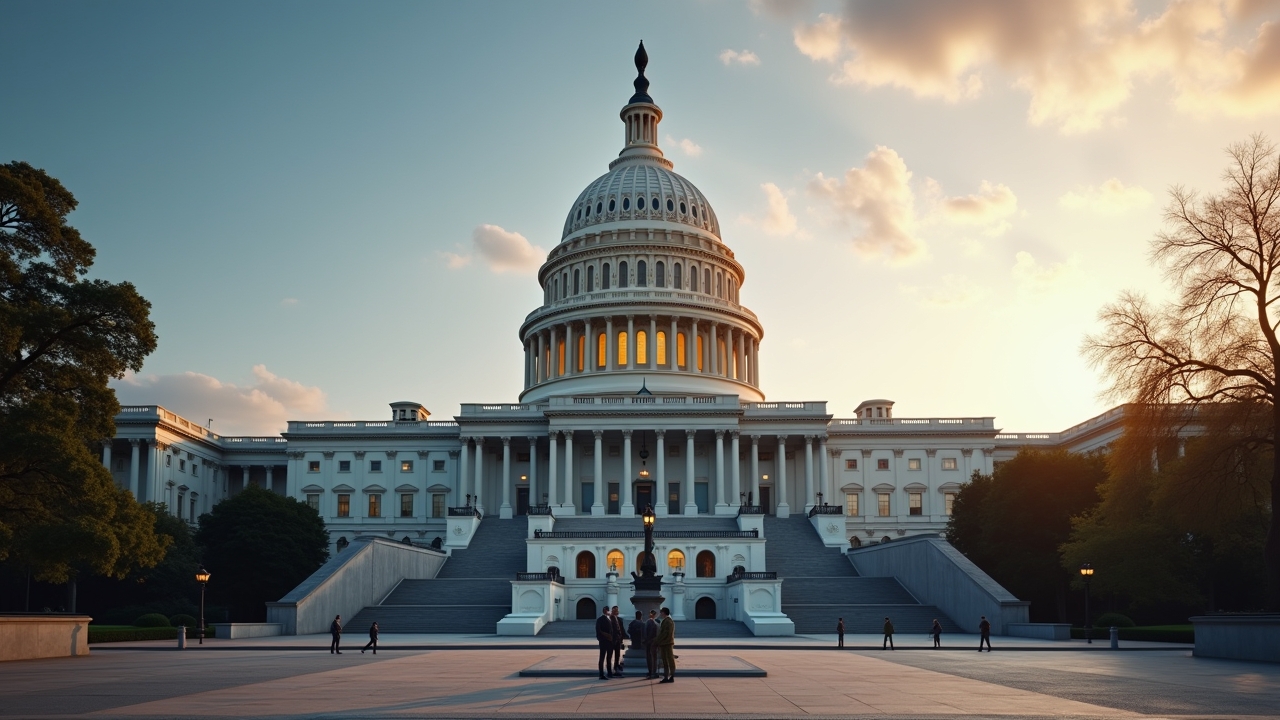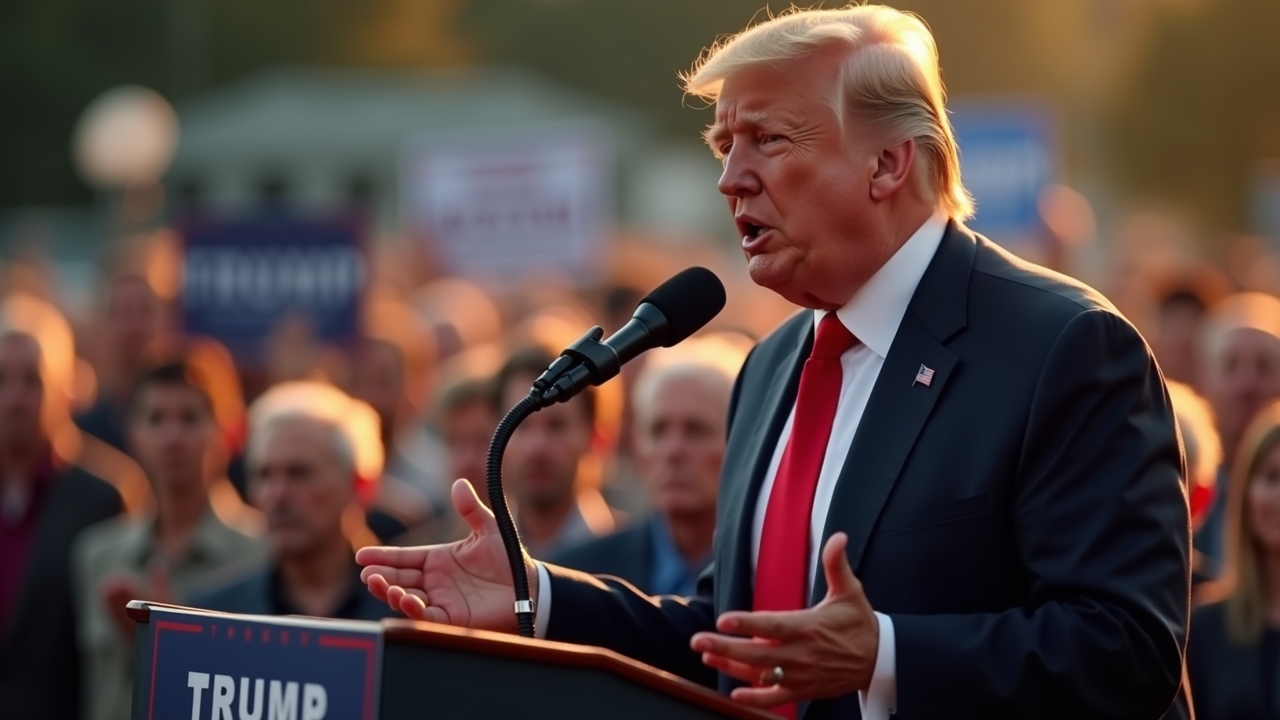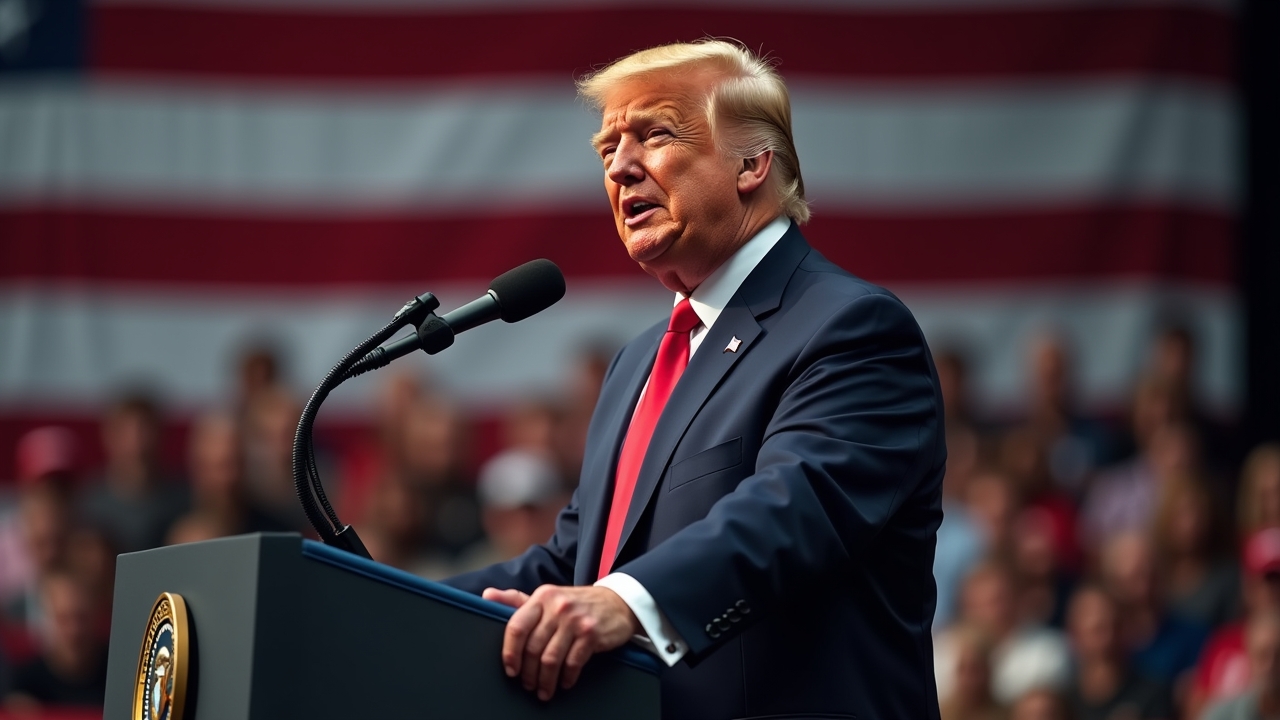PROTECT YOUR DNA WITH QUANTUM TECHNOLOGY
Orgo-Life the new way to the future Advertising by AdpathwaySecretary of State Marco Rubio’s department has criticized Democrats for their role in the ongoing government shutdown, highlighting the negative impact on national security. The shutdown is now approaching three weeks, leading to partial paychecks for many government employees, with a full missed paycheck looming. State Department Spokesperson Tommy Pigott told Fox News Digital, “President Trump is delivering historic peace deal after historic peace deal. Congressional Democrats are delivering a shutdown that undermines our national security.”
At the heart of the issue lies a stalemate in the Senate. Democrats are demanding the undoing of Medicaid policy changes from President Trump’s administration, hindering progress on a continuing resolution meant to reopen the government through late November. The State Department official noted, “Congressional Democrats have decided to jeopardize our national security with their politically motivated government shutdown.” The implication is clear: political maneuvering is affecting the core functions of government.
Republicans, who currently hold a majority in the Senate, are ready to advance a clean continuing resolution. However, the dialogue coming from the Democratic side suggests they prefer to leverage the situation to promote their own policy objectives. The State Department highlighted this conflict. “Instead, Democrats are trying to exploit this moment to push their political pet projects like healthcare for illegal immigrants, continuing wasteful COVID payments, and harmful climate extremism,” one official asserted. This critique underscores the sense of urgency and frustration among Republicans as they contend with the ongoing impasse.
Some Senate Democrats, like John Fetterman and Catherine Cortez Masto, have previously voted to reopen the government, indicating potential splits within the party. The State Department emphasized the consequences of the shutdown, arguing that it forces the country into a vulnerable position. “By putting the American people last, Democrats are forcing the American people to have a State Department with limited diplomatic engagement around the world,” a State Department official explained. The warning is stark: bureaucracy stifled by politics is a direct threat to U.S. foreign policy and national security.
Historical context enriches the current debate. Commentary from former officials draws a sharp contrast with today’s political climate. Former Secretary of State John Kerry, reflecting on the implications of a 2013 shutdown, stated plainly, “A self-inflicted wound, like the shutdown that we just endured, can never happen again.” Kerry further remarked that such failures can “embolden our competitors” and frustrate allies who depend on the United States for leadership.
More recently, Hillary Clinton weighed in, identifying a government shutdown as indicative of a broader political dysfunction. She labeled it an instance of “too many people in politics choosing scorched earth over common ground.” Her comments serve as a caution against the pitfalls of partisan warfare, urging a return to bipartisan cooperation in governance.
Secretary of State Antony Blinken added to this narrative. He emphasized that a government without a clear budget undermines U.S. leadership on the world stage. He pointed to the necessity of operational stability, saying, “If we’re serious about U.S. leadership in the world, we can’t keep operating without knowing whether we’ll have a budget for the next fiscal year.” Each of these voices from past administrations resonates in the current context, reinforcing the urgency of resolving the ongoing shutdown.
The situation remains fluid, with more votes anticipated in the Senate. Senate Majority Leader John Thune indicated that additional votes might happen this week, but the stalemate endures. The reality is that without cooperation, the impact of continued inaction could reverberate far beyond Washington, affecting everyday Americans and U.S. interests globally.
"*" indicates required fields


 1 day ago
1
1 day ago
1


















.jpg)






 English (US) ·
English (US) ·  French (CA) ·
French (CA) ·